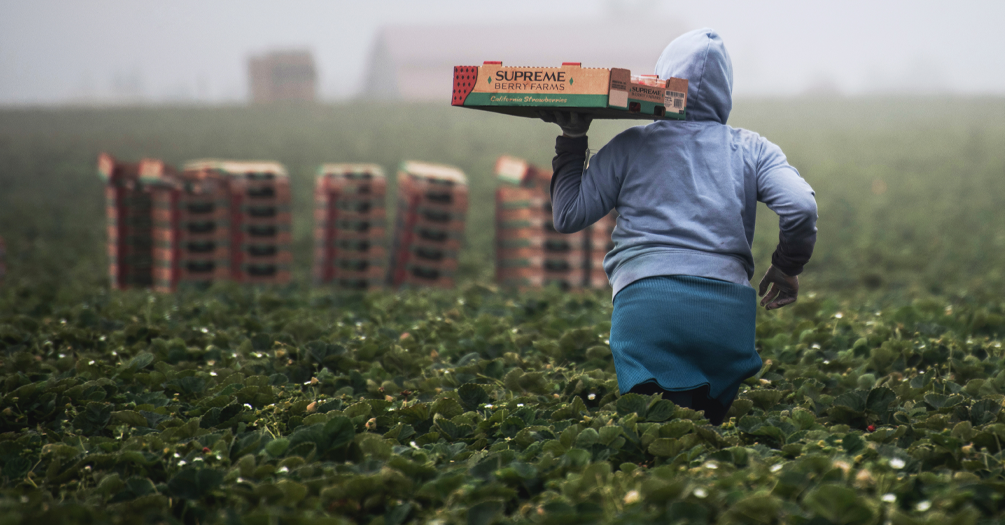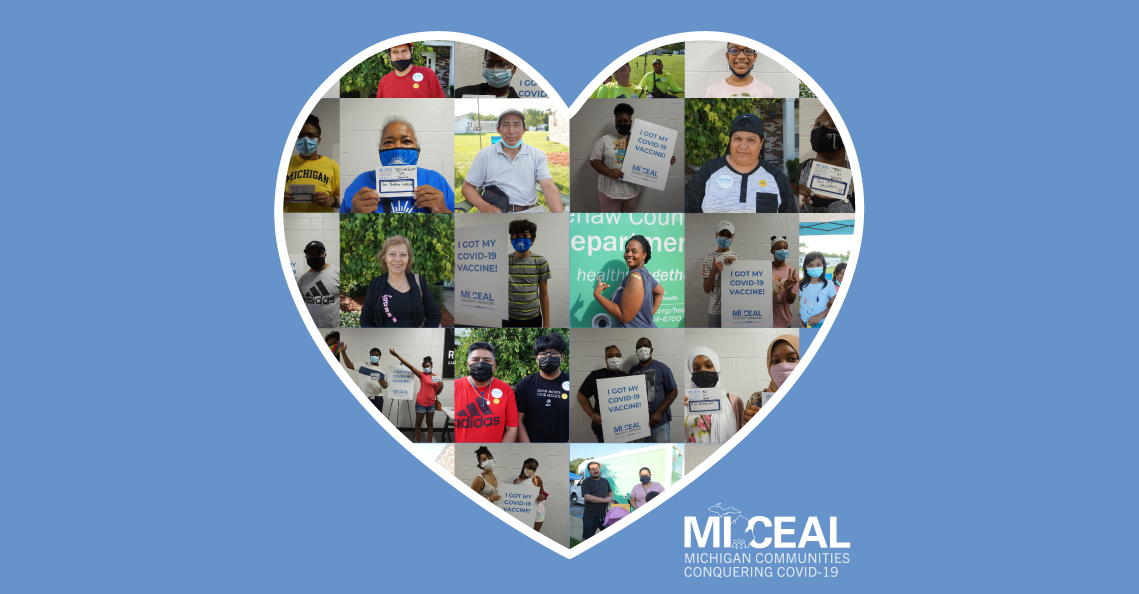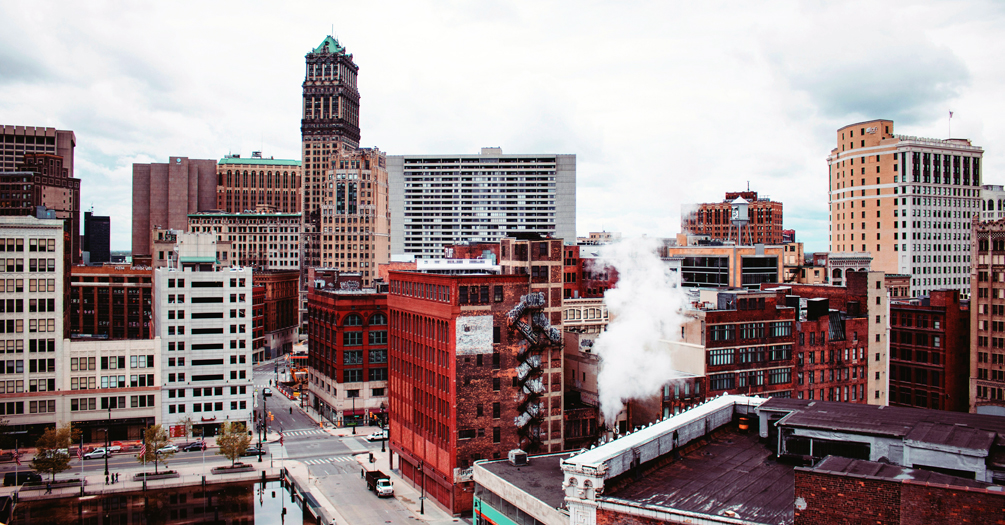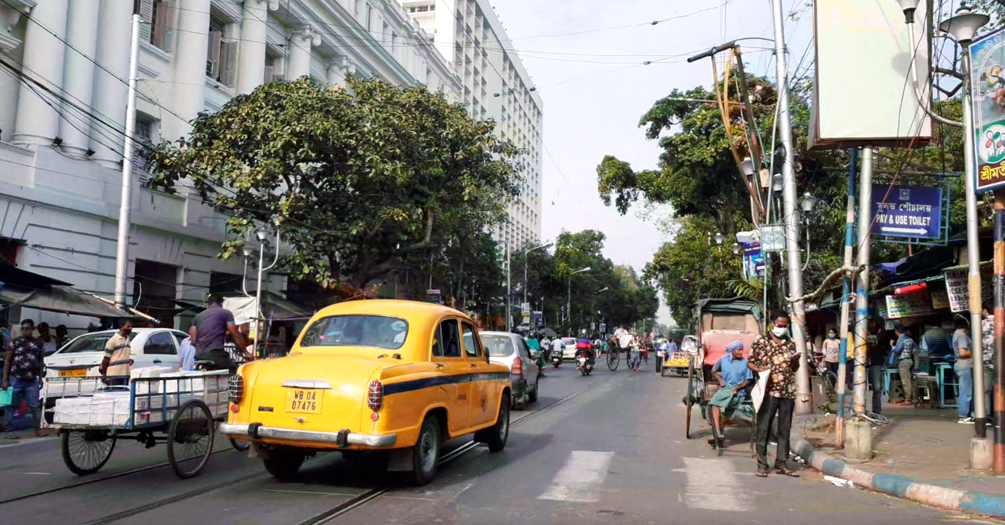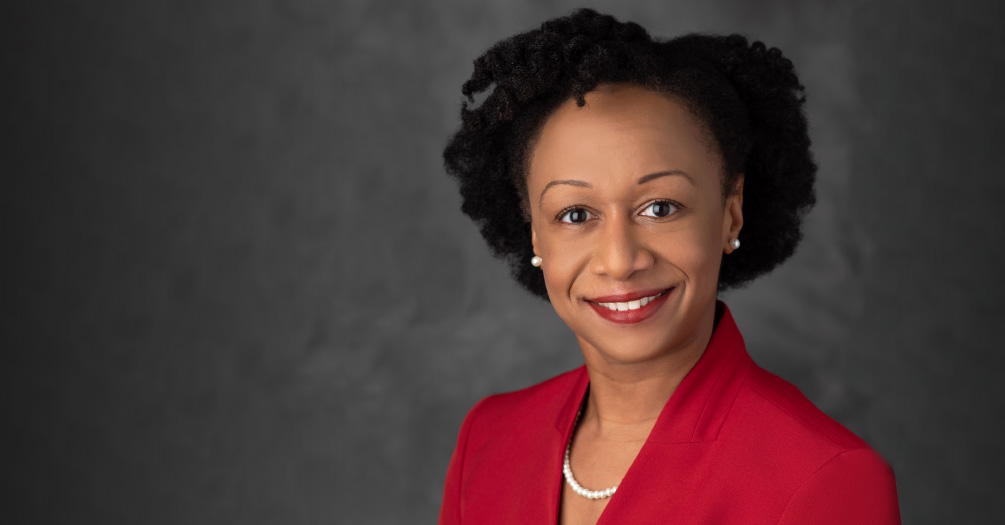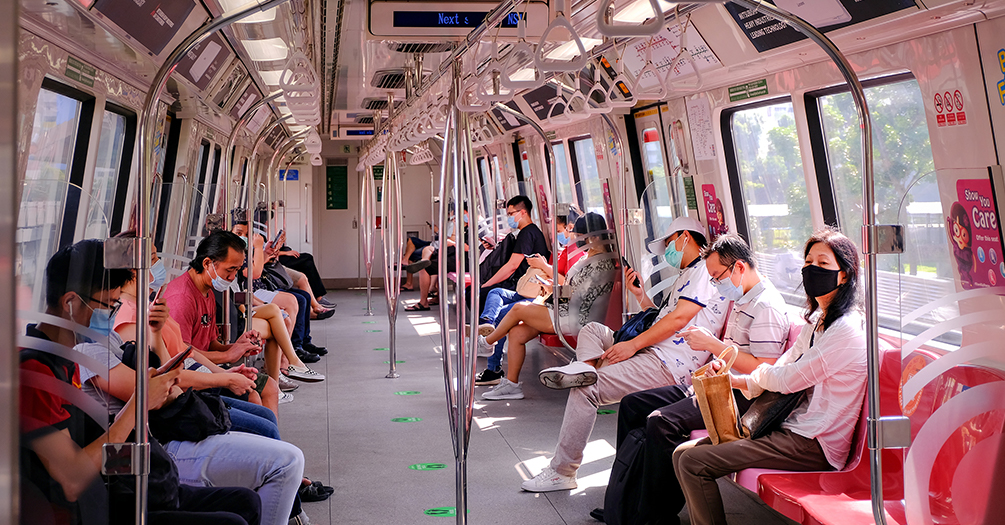
Singapore's COVID resurgence highlights need to protect vulnerable populations
Mohamad Ramli
In the fall of 2021, Singapore had one of the highest national vaccination rates around the globe. Despite this success, and vigilant COVID-19-related safety measures, the small nation has continued to struggle under the burden that the pandemic has put on its various care systems. One social worker reflects on the impact experienced by some of the country's vulnerable populations.

